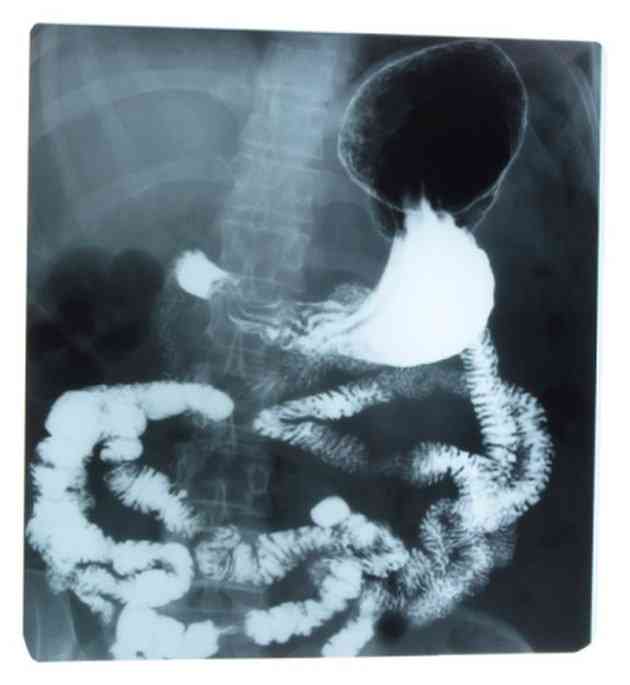The Best Prescription Weight-Loss Pills

While there are many over-the-counter weight-loss pills, none has been properly studied. Prescription weight-loss drugs are not free of side effects, but they provide one advantage: Because they have been studied extensively, your doctor can warn you of potential side effects and help you decide which pill is best for you. There's no single "best" weight-loss drug. What works for you might not work for others, depending on why you overeat and any underlying medical conditions.
 Woman standing on a scale. (Image: ShotShare/iStock/Getty Images)
Woman standing on a scale. (Image: ShotShare/iStock/Getty Images)Appetite Suppressants
Appetite suppressants might be the best choice for people who can't stop eating or those who eat out of boredom or because of other emotions. There are three major groups of prescription appetite suppressants: phertermine, diethylproprion and phendimetrazine. While their chemical makeup is somewhat different, all three types affect the area of the brain that controls appetite and mood. Appetite suppressants should only be used for 12 weeks or less.
Qsymia
The prescription weight loss medication, Qsymia, contains topiramate and phentermine, a component that has addictive qualities. You may experience side effects such as insomnia, increased heart rate, depression or thoughts of suicide. Significant mood changes could also occur. Prior to beginning the medication, talk with your doctor about your risks for side effects to determine if this medication would provide the best weight loss option for you.
Off-Label Prescriptions
Off-label drugs are medications that were originally approved to treat other conditions but can also be prescribed as a weight-loss aid. Since they're not officially considered weight-loss drugs, their use is decided on a case-by-case basis by doctors. The antidepressant bupropion, sold under the brand name Wellbutrin, causes weight loss. Since it also improves mood, it could help people who overeat out of depression or anxiety. The diabetes drug metformin and the anti-seizure medication topiramate also cause weight loss and can be prescribed to obese patients.
Meridia
Up until 2010, one of the most common prescription diet pills was Meridia. Meridia works by affecting the part of your brain that controls appetite and cravings. Patients who take Meridia feel fuller on less food, so they reduce their calorie consumption without realizing it. However, Meridia was taken off the market in October 2010 after numerous reports of liver and heart damage and can no longer be legally prescribed as a weight-loss aid.




